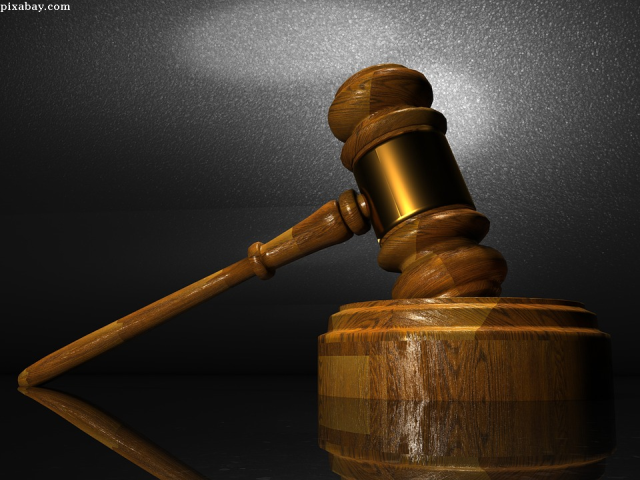Courts rule in some of Romania’s major files
Prison sentences have been given in the file on funding the 2009 election campaign in Romania

Roxana Vasile, 03.03.2021, 13:50
The fairness of the election campaign, which ensured president
Traian Basescu a second term in office, was questionable since its early days in
2009. Some answers to the questions raised by the 2009 presidential campaign
were provided on Tuesday, when, after many years of delay, the Romanian justice
issued heavy prison sentences in a file on the funding procedures of the
aforementioned campaign.
So, the former president’s aide Elena Udrea, got an 8-year
prison sentence, while Ioana Basescu, the president’s eldest daughter, was
sentenced to five years in prison for money laundering and inciting to bribery.
The investigations carried out by anti-corruption prosecutors have also
revealed other crimes such as, abuse of office, fraud and awarding public
contracts in exchange for supporting the election campaign.
More than 300 thousand euros are said to have been
obtained in this fashion. However, the two ladies accused have repeatedly
denied allegations and the former Minister of Development said she was shocked
by the verdict, which she considers unfair. I didn’t kill anyone, didn’t rape
anyone, didn’t take the money at home, Elena Udrea went on to say.
The sentence is not definitive and could be appealed.
However, the situation is different in another major file, that caused by the August
10th 2018 protest in Bucharest against the then PSD government.
Through an immutable ruling, the Bucharest court turned down a DIICOT request
for reinitiating criminal procedures in a file caused by the allegedly
disproportionate intervention of the riot police against the protesters. DIICOT
had initially closed the file in June last year, dropping charges against the
gendarme chiefs as well as the inquiry into an alleged coup d’etat. The former
chief prosecutor of DIICOT eventually ordered the resumption of criminal
investigation in the case of the former gendarme chiefs.
However, the Bucharest Court’s ruling has enraged the
representatives of several civil society organisations who threatened to bring
the case before the European Court of Human Rights.
(bill)






























